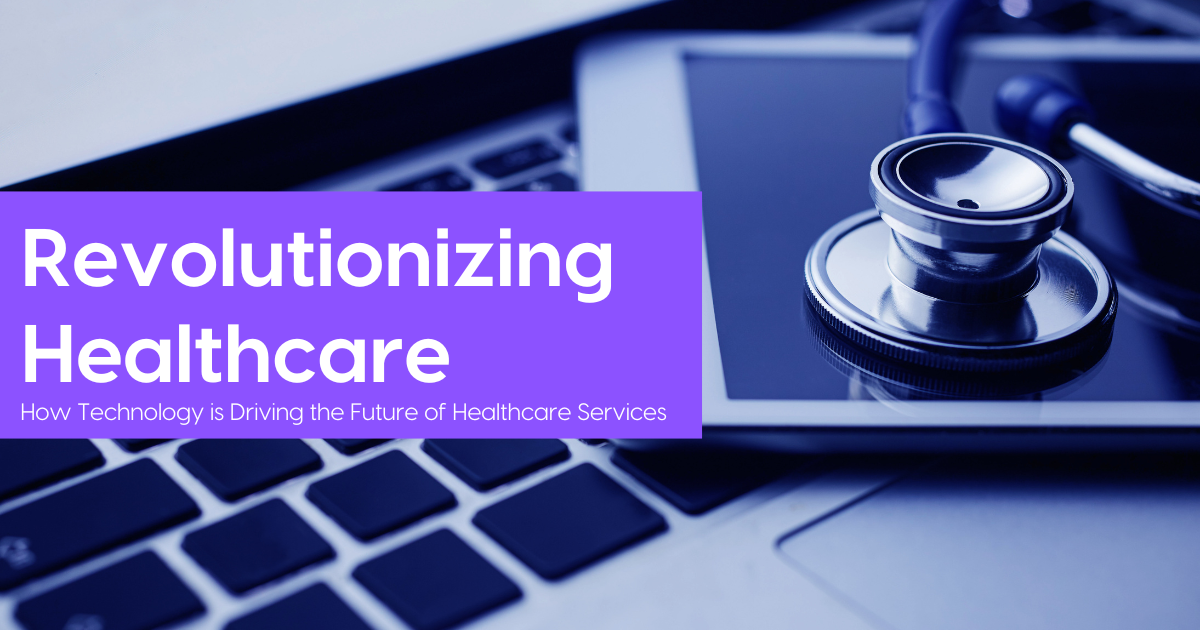Technology is transforming the healthcare industry in ways previously unimaginable, providing new opportunities for improving patient care, reducing costs, and streamlining medical processes. From artificial intelligence (AI) to telemedicine, innovations are making healthcare more efficient, accessible, and personalized. In this article, we will explore how technology is revolutionizing healthcare and some of the most impactful innovations shaping the future of medicine.
1. Telemedicine: Expanding Access to Healthcare
Telemedicine has experienced rapid growth, especially in the wake of the COVID-19 pandemic. This technology allows patients to consult with healthcare providers remotely through video calls, reducing the need for in-person visits. It has increased access to healthcare for those living in rural or underserved areas, as well as provided a safe way for patients to receive medical advice during lockdowns. As telemedicine continues to evolve, its integration with AI and remote monitoring tools will only improve the quality and efficiency of virtual healthcare.
2. Artificial Intelligence (AI) in Healthcare
Artificial Intelligence is at the forefront of many healthcare innovations. AI algorithms are capable of analyzing large amounts of medical data, including medical imaging, patient records, and diagnostic information, with remarkable speed and accuracy. AI is being used in applications such as diagnosis assistance, drug discovery, and predictive analytics to improve patient outcomes and reduce the risk of human error. It is also helping in the development of personalized treatment plans tailored to individual patients.
3. Robotics and Surgery Automation
Robotic technology is making surgeries less invasive and more precise. Robotic-assisted surgeries, such as those performed using the Da Vinci Surgical System, allow surgeons to perform complex procedures with minimal incisions, reducing recovery times and improving patient outcomes. Robotics is also enhancing rehabilitation through robot-assisted therapy, helping patients recover faster and regain mobility after surgery or injury.
4. Electronic Health Records (EHRs)

Electronic Health Records (EHRs) have revolutionized the way patient data is stored and shared. With EHRs, healthcare providers can access comprehensive patient histories at the touch of a button, making it easier to coordinate care and avoid errors related to paper records. EHRs also facilitate telemedicine and remote consultations, as they can be shared quickly across different healthcare providers and systems, leading to better-informed decision-making.
5. Wearables and Remote Patient Monitoring
Wearable devices like smartwatches, fitness trackers, and health monitors are providing healthcare professionals with continuous, real-time data on patient health. These devices monitor vital signs such as heart rate, blood pressure, and glucose levels, sending this information to doctors for ongoing monitoring. This technology empowers patients to take charge of their health and enables doctors to intervene early in case of abnormalities, ultimately improving long-term health outcomes.
6. 3D Printing in Healthcare
3D printing technology is finding increasing applications in healthcare, from creating customized prosthetics to printing human tissues for research purposes. In surgery, 3D printing can create patient-specific models for complex procedures, allowing surgeons to practice and plan before performing the operation. The future of 3D printing in medicine could lead to advancements in creating organs or tissue grafts for transplantation, potentially solving organ shortages.
7. Blockchain Technology in Healthcare
Blockchain is often associated with cryptocurrency, but it has significant potential in healthcare as well. Blockchain can provide a secure and transparent way to manage patient records, ensuring that sensitive health data is only accessible to authorized individuals. It can also help in tracking the supply chain of pharmaceutical drugs, ensuring the integrity of medications and reducing the risk of counterfeit products.
8. Personalized Medicine and Genomics
Advancements in genomics and biotechnology are enabling personalized medicine, which tailors treatments based on an individual’s genetic makeup. With DNA sequencing technologies becoming more affordable, doctors can now identify genetic predispositions to certain diseases and develop personalized treatment plans. This approach is revolutionizing cancer care, enabling doctors to choose the best therapies for specific types of tumors based on genetic markers.
9. Virtual Reality (VR) and Augmented Reality (AR) in Healthcare
Virtual Reality (VR) and Augmented Reality (AR) are improving medical training and patient care. In medical education, VR simulations allow students and professionals to practice surgeries and procedures in a risk-free environment. AR is being used in surgery, providing real-time, 3D visualizations of a patient’s anatomy, helping surgeons make more accurate decisions during complex operations. VR and AR are also being used in patient rehabilitation, offering immersive experiences that enhance physical therapy outcomes.
Read More : http://From Smartphones to Smart Cities: The Evolution of Technology
10. Smart Hospitals: The Future of Healthcare Infrastructure
Smart hospitals are the next step in integrating technology into healthcare facilities. These hospitals leverage IoT devices, AI, and other technologies to streamline operations and improve patient care. Smart systems can automatically track patient vitals, manage bed availability, and monitor equipment, ensuring that everything runs smoothly. AI-powered diagnostic tools can assist doctors in making faster and more accurate decisions, and automated systems help reduce human error and improve safety.

